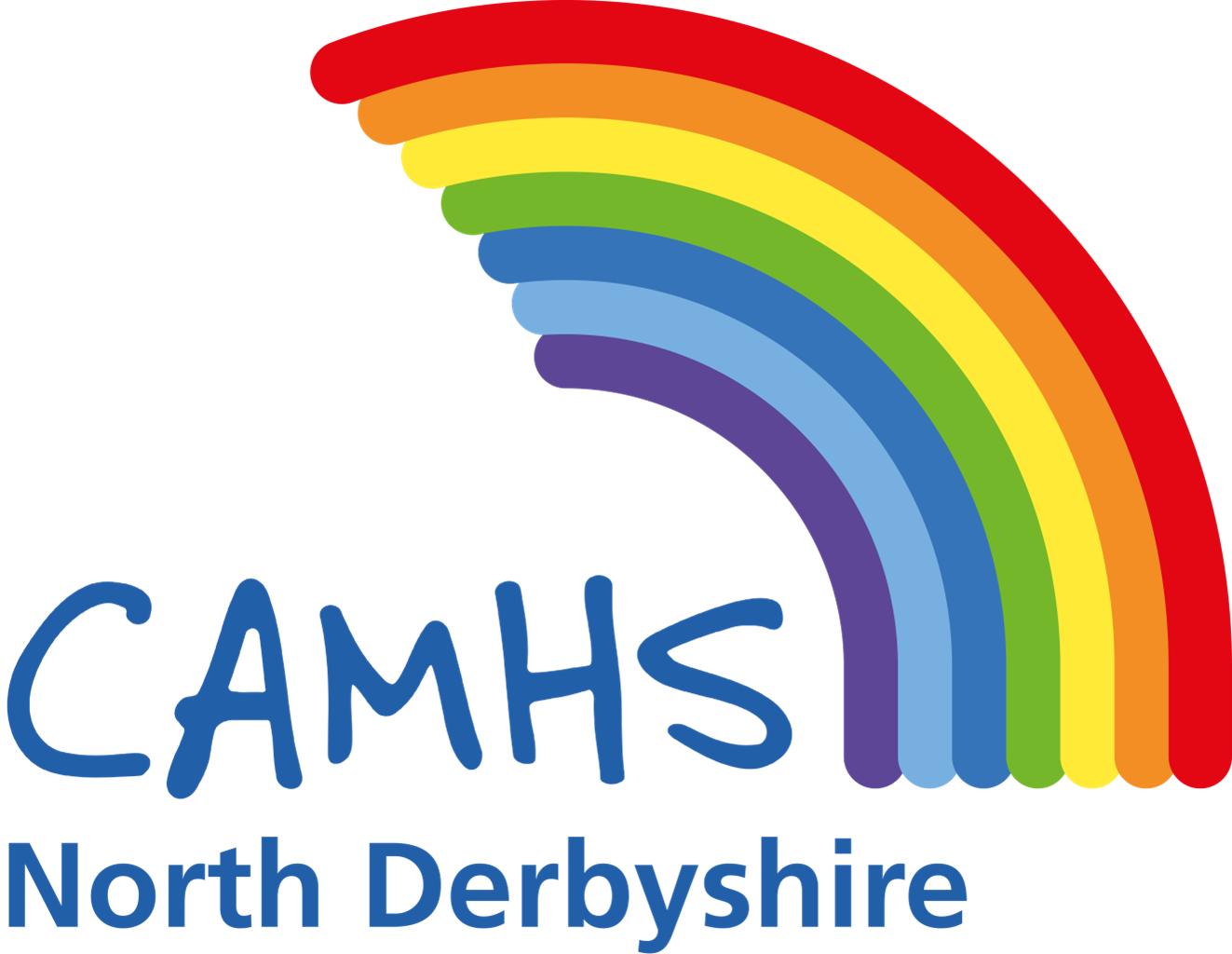common problems
Post Traumatic Stress Disorder (PTSD)
Introduction
Reactions to a traumatic experience can differ greatly from person to person. It is important to understand that just because a child/adolescent has experienced a traumatic event, this does not mean that they will inevitably suffer severe emotional consequences as a result.
Factors that influence how much children react to a traumatic event include; the age of the child and their ability to understand the event, the nature of the event, how quickly they can return to a normal lifestyle, their support network and the people around them.
Experiencing or witnessing a traumatic event can make a child think that the world around them is no longer a safe and predictable place; this can be very frightening. Specific reactions can differ greatly but often seem to consist of a contradictory cycle of trying to avoid reminders, but at the same time re-experiencing the event in many ways over and over (nightmares, re-enacting).
Young children may regress to an earlier developmental stage. School children may become moody, blame themselves, become angry and aggressive, or with-drawn. Adolescents may also become angry and upset, withdraw from friends and social activities. Their sleep and eating patterns may also change.
Coping with trauma is a complex challenge, and reactions to an event can therefore be very different and unpredictable.
SIGNS OF POST-TRAUMATIC STRESS DISORDER (PTSD)
Exposure to a traumatic event can be followed by signs of PTSD:
- Re-experiencing ‘flashbacks’ of the event; like watching an action-replay, which is distressing and frightening.
- Non-specific effects such as withdrawal or regression.
- Increased arousal (e.g. night terrors, being easily startled).
- New fears (e.g. of the dark, or separation).
- Symptoms present for at least 1 month.
THINGS TO THINK ABOUT
Many children and adolescents will experience or witness a potentially traumatic event at some point. This does not automatically mean that they will suffer serious emotional consequences. However, it is not unnatural to feel afraid and stressed after a traumatic event, and often these reactions don’t last very long.
What can you do as a parent/carer?
Be reassuring and comforting. Pay extra attention to them and be considerate.
Try to stick to routines as much as possible. This will help them return to ‘normal’ life and make them feel safe and secure.
Encourage them to express their feelings and be available for them to talk to you. At the same time it’s important that you don’t force them, or make them feel that they should talk – this is very personal and entirely up to them.
When listening, remain calm and just listen to them.
Provide simple but honest answers; make sure your answers help them understand more.
If possible, try to avoid extra stress
Encourage getting back to normal life as soon as possible.
Encourage participation in physical activities such as sport.
When to consider asking for more specialist help
CONSIDER SEEKING HELP:
- If your attempts to help the child have uncovered issues that you feel unable to deal with.
- If the specific behaviour that the child or adolescent is showing as a result is very extreme or occurs together with other worrying behaviours (e.g. self harm).
- If the child or adolescent starts having problems in other areas of their lives, such as social withdrawal.
- If as a result of a traumatic event the child or adolescent shows severe reactions and changes in behaviour for a long time.
- If the child or adolescent experiences frequent nightmares or other problems with their sleep after the event.
- If the child or adolescent starts having alcohol or drug related problems, or engages in risk-taking behaviours.
- If you suspect the symptoms of Post-Traumatic Stress Disorder (PTSD).
Further support, advice and self-help
Young Minds gives free, relevant, practical information about a range of mental health issues in children and young people. It has information about feelings and symptoms, conditions and looking after yourself. It also has some specific information about self-harm and what to do about self-harm.
Website
Minded is a free educational resource on children and young people’s mental health for adults, but can also be really useful for teenagers. It covers lot of topics.
Website
Relate gives specific advice for different types of worries and problems aimed at young people.
Website

